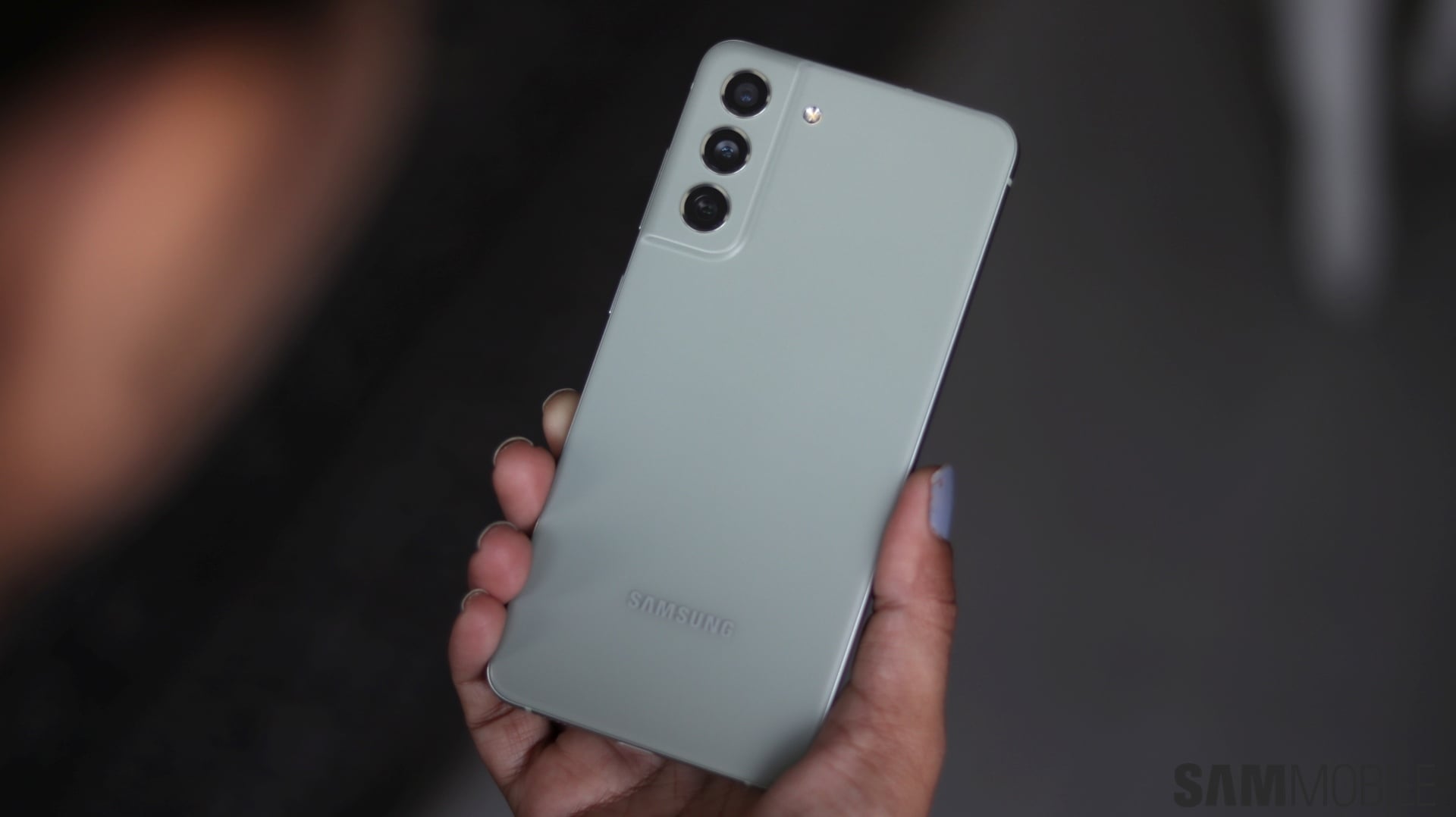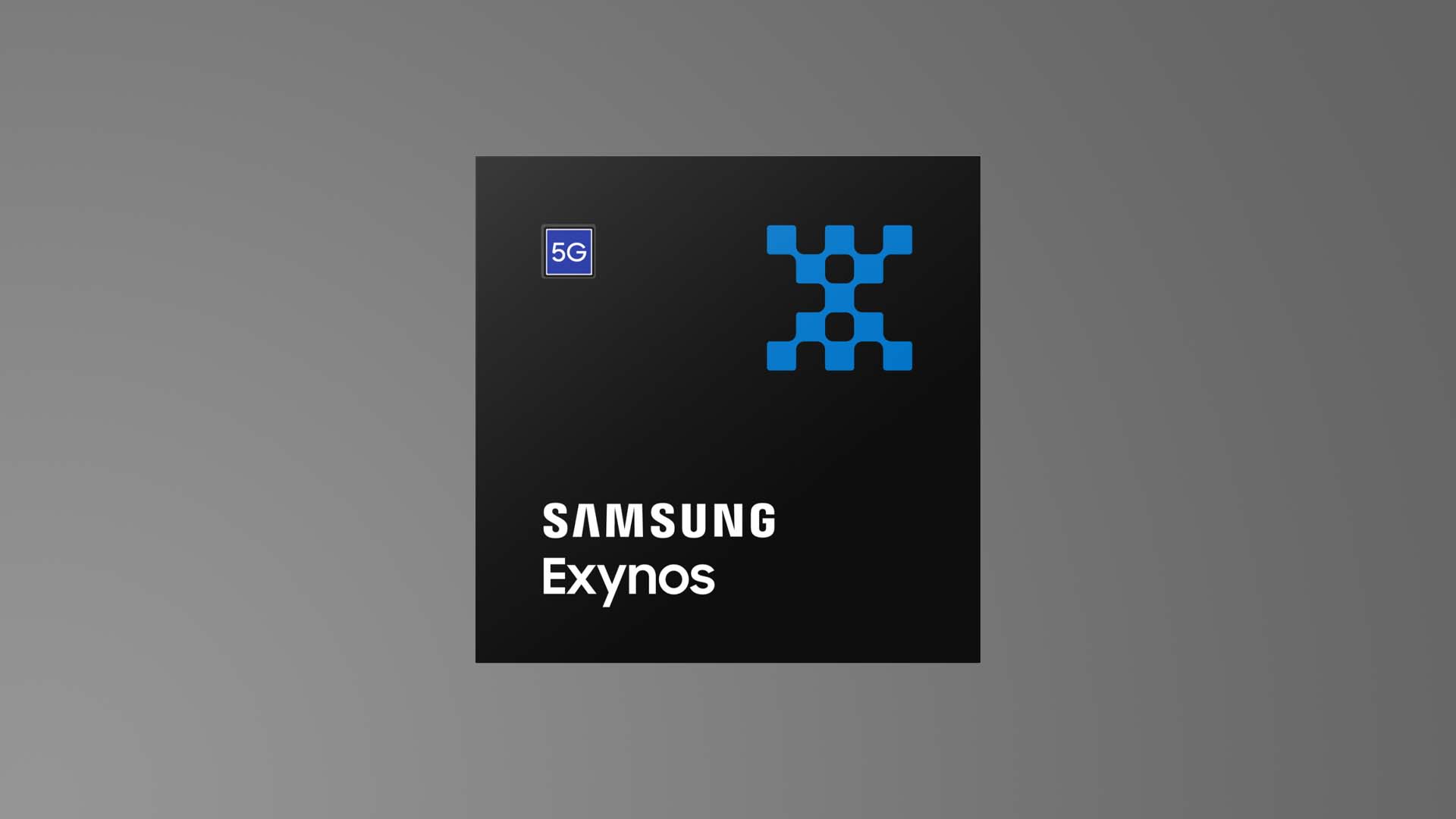
But that was only a temporary respite, unfortunately. The Exynos 2200 chip that powers the Galaxy S22, Galaxy S22+, and Galaxy S22 Ultra was yet another disappointment, which is probably why Samsung only forced it on some customers and used a Snapdragon chip in more markets than usual.
Exynos vs Snapdragon: Qualcomm seems to have won
And it's probably why we're not going to see an Exynos-powered Galaxy S23 lineup at all. Yes, for those who haven't been following the news or just needed a reminder: It's looking more and more like Samsung's going all in with Qualcomm and using Snapdragon for all markets where the Galaxy S23, S23+, and S23 Ultra will go on sale.
Samsung might even use a Snapdragon 8 Gen 2 chip that's customized specifically for the Galaxy S23 series, with higher clock speeds on the CPU and GPU compared to the standard Snapdragon 8 Gen 2 chip Qualcomm sells to every manufacturer.
In any case, the gist here is that wherever you buy one of the three Galaxy S23 models, you'll likely find it is powered by a Snapdragon chip.
New Exynos chip is in the works but won't be used in the Galaxy S23
That's not to say an Exynos 2300 doesn't exist. It certainly does, but there have been zero signs till now that it will be used in the Galaxy S23 series, the launch of which is less than two weeks away. All rumors and leaks suggest Samsung is finally making the move we (the fans) have been asking it to make these last few years and ditching Exynos chips for its 2023 Galaxy S flagship line.
And, as we have pointed out before, there's one major reason to look forward to the Galaxy S23, S23+, and S23 Ultra. The Snapdragon 8 Gen 2 is manufactured on TSMC's 4nm process instead of Samsung's, same as the Snapdragon 8+ Gen 1, and the Snapdragon 8+ Gen 1 is more efficient than the Samsung-made Snapdragon 8 Gen 1 chip on the Galaxy S22 series despite having higher clock speeds.
Anyway, what everyone needs to focus on is the fact that Samsung might finally be giving up on using Exynos chips on its Galaxy S flagships. We just hope this is a permenant change or that Samsung manages to come up with an Exynos chip that can toe-to-toe with Qualcomm chips in both performance and efficiency.
Even MediaTek is making excellent mobile SoCs now
We can even throw MediaTek's in the ring (metaphorically speaking). The Chinese chipmaker recently struck gold and has put out some excellent mobile processors. MediaTek's makeover from a chipmaker who could never get it right to a chipmaker that can get things done the way they should be done and surpass expectations is commendable.
MediaTek could, in fact, be part of the reason why Samsung is taking a break from Exynos chips and, reportedly, working on a new chip that will be designed by its mobile division instead of its semiconductor division. What the fruits of that labor will be is something we will have to wait and see.

















